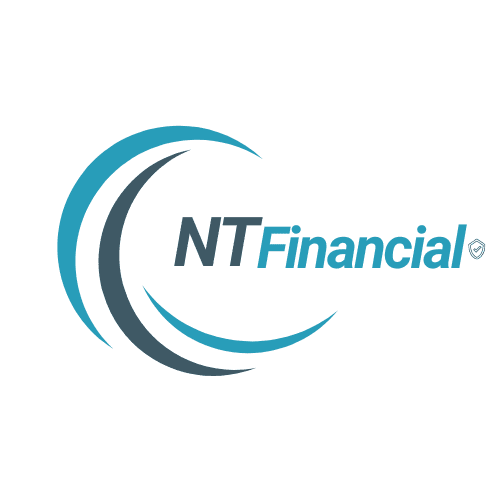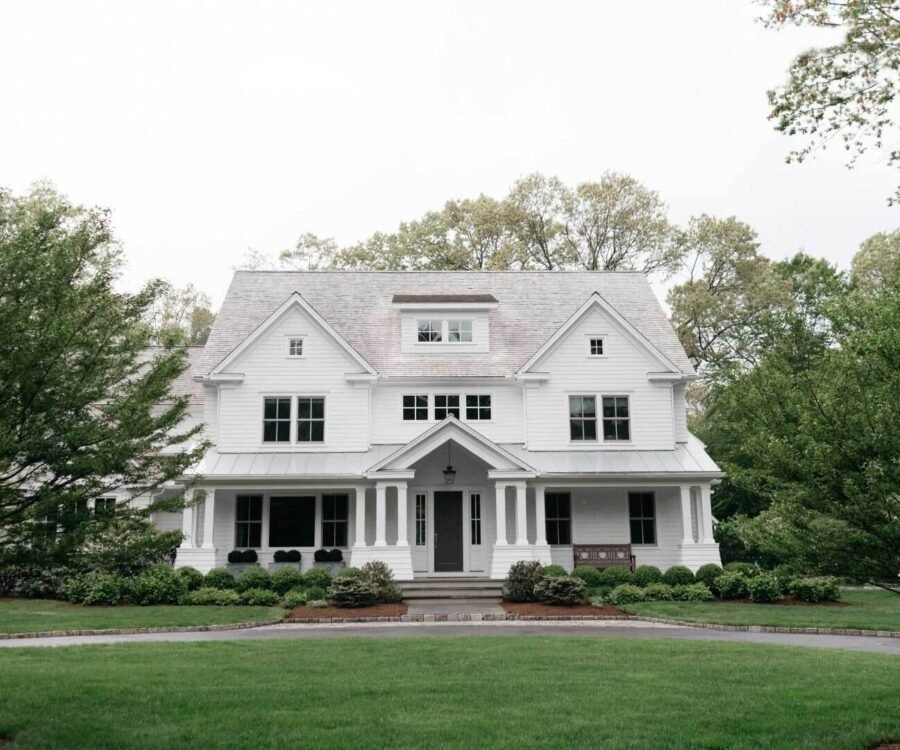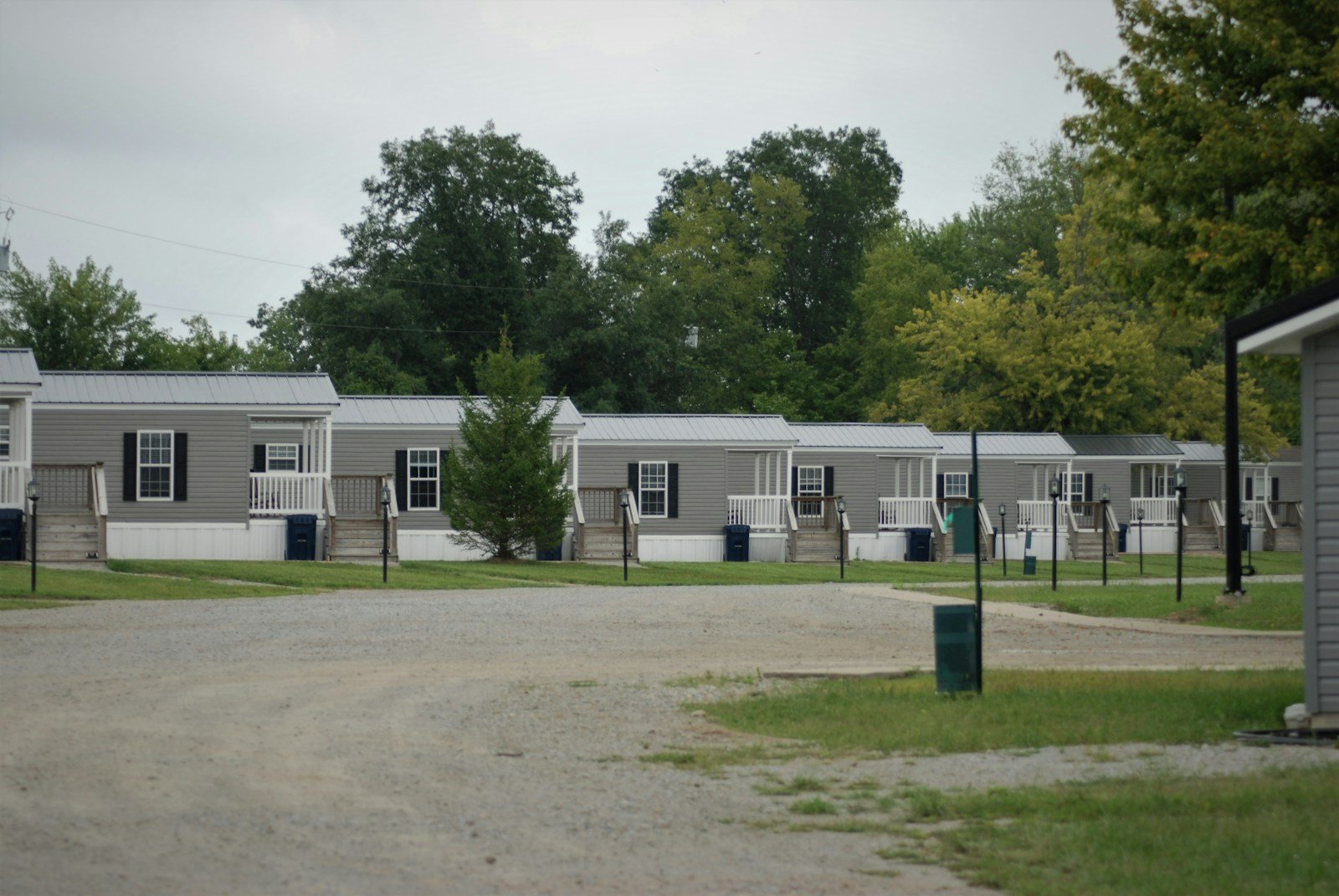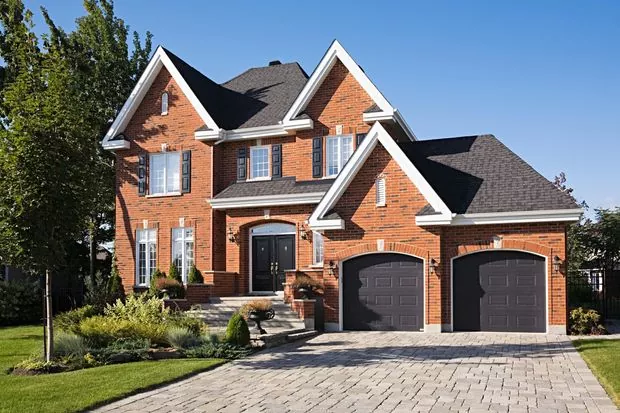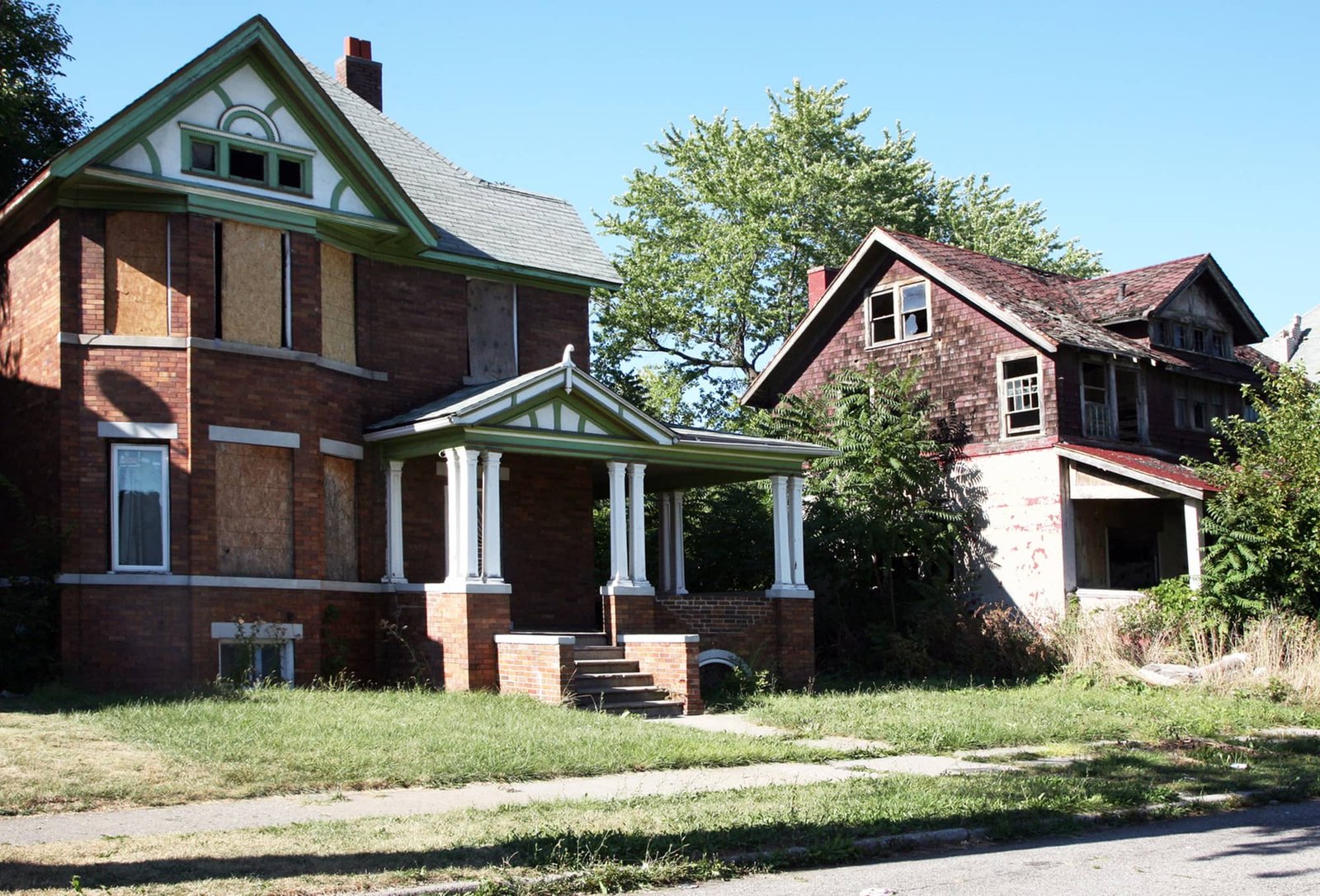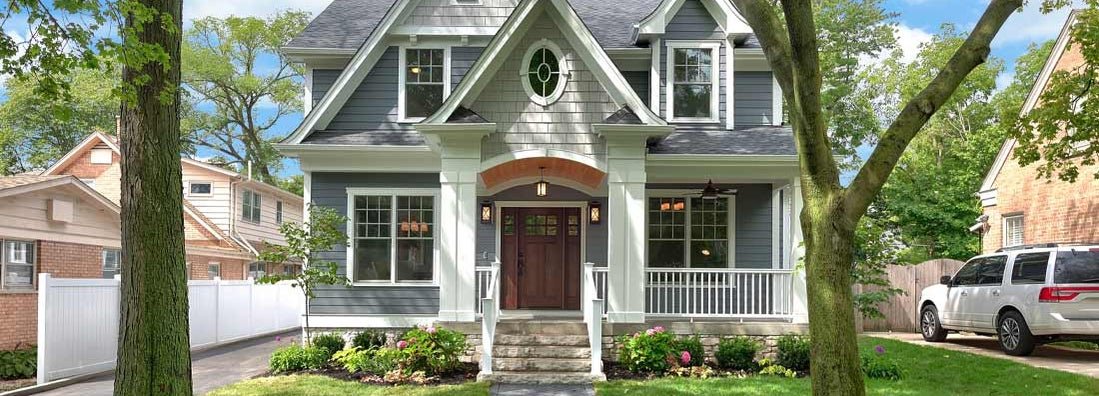
As a landlord in Dallas, you understand the importance of protecting your investment. Whether you own a single rental property or multiple units, having the right insurance coverage is crucial for safeguarding your property, finances, and peace of mind. Landlord insurance in Dallas is designed specifically for property owners who rent out their homes, apartments, or commercial spaces. In this guide, we’ll walk you through everything you need to know about landlord insurance and how to choose the right policy for your rental property.
What is Landlord Insurance?
Landlord insurance is a specialised form of property insurance designed to protect landlords from potential risks associated with renting out their property. Unlike standard homeowner’s insurance, landlord insurance provides coverage tailored to the unique needs of rental properties. In addition to covering damage to the structure, it also offers protection against liability claims, loss of rental income, and more.
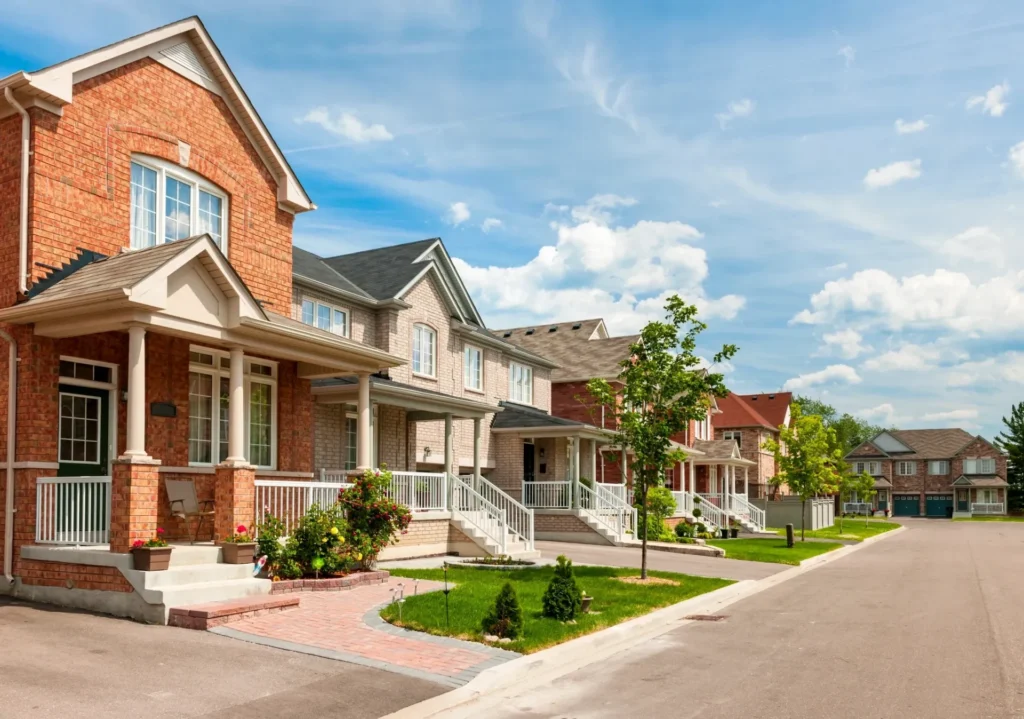
Key Features of Landlord Insurance in Dallas
- Property Coverage
This covers damage to the building and physical structure of the rental property caused by covered events such as fire, vandalism, weather-related damage, or theft. Whether you own a single-family home, apartment building, or multi-unit complex, property coverage ensures that the core structure of your rental is protected. - Liability Protection
Accidents can happen on your rental property. If a tenant or visitor is injured on your premises, you could be held responsible. Liability protection covers medical expenses, legal fees, and damages if someone sues you for injuries sustained on your property. - Loss of Rental Income
If your property becomes uninhabitable due to a covered event, you could lose out on rental income. Loss of rental income coverage reimburses you for the rental payments you would have received while your property is being repaired or rebuilt. - Tenant Damages
While tenants are responsible for normal wear and tear, they may cause damage to the property that goes beyond what is covered by a security deposit. Landlord insurance can provide additional protection for this type of situation, ensuring you’re not left covering the cost of extensive repairs. - Vandalism and Theft
Whether your property is vacant or occupied, vandalism and theft are risks you need to consider. Landlord insurance can help cover the costs of repairs and replacement of stolen items, protecting your investment in the event of malicious actions or criminal activity.
Do You Need Landlord Insurance in Dallas?
While Texas law doesn’t require landlords to carry insurance, it’s highly recommended. Without the proper coverage, you could be financially responsible for repairs, lawsuits, or loss of rental income. In Dallas, where weather-related incidents such as hail storms, flooding, and tornadoes are common, having comprehensive landlord insurance can be a lifeline in times of disaster.
How Much Does Landlord Insurance in Dallas Cost?
The cost of landlord insurance in Dallas depends on various factors, including the size of the property, its location, and the coverage options you select. On average, you can expect to pay between $1,000 and $2,000 annually for a standard landlord insurance policy. However, factors like property age, construction type, and whether the property is near a flood zone can affect premiums.
Factors That Affect Your Landlord Insurance Premium
- Property Location
Dallas is a large city with diverse neighbourhood, and insurance rates can vary based on location. Properties in flood-prone areas, for example, may have higher premiums due to the increased risk of water damage. - Type and Size of the Property
A multi-unit apartment complex will typically have a higher premium than a single-family home. The more units you rent out, the higher your potential risk, which could influence your rates. - Level of Coverage
The more comprehensive your policy, the higher your premiums may be. Additional coverages such as loss of rental income, flood insurance, or earthquake coverage can increase the cost of your insurance policy. - Claim History
If you’ve filed multiple claims in the past, insurers may charge a higher premium due to the increased risk of future claims. On the other hand, a clean claim history may result in a lower premium. - Deductibles
The higher your deductible, the lower your premium will be. However, you’ll need to pay more out-of-pocket in the event of a claim. Striking the right balance between deductible and premium is key.
What Does Landlord Insurance in Dallas Not Cover?
While landlord insurance provides extensive coverage, there are a few things it typically doesn’t include:
- Tenant’s personal property
Landlord insurance generally does not cover damages to your tenant’s belongings. Tenants should have renters insurance to protect their possessions. - Routine maintenance
Insurance won’t cover issues like regular wear and tear or the cost of maintaining appliances, plumbing, or HVAC systems. - Flood damage
Standard landlord insurance policies do not include flood coverage. If your property is located in a flood-prone area, you should consider adding a separate flood insurance policy. - Earthquake damage
Earthquake insurance is also not typically included in standard landlord insurance, but it can be added as a separate endorsement or policy if needed.
How to Choose the Best Landlord Insurance in Dallas
Selecting the right landlord insurance policy requires careful consideration of your specific needs as a property owner. Here are a few tips to help you find the best coverage:
- Evaluate Your Property’s Needs
Consider the age, location, and type of your rental property. A newer property may have fewer risks than an older one, and properties in high-risk areas may need additional coverage such as flood or earthquake protection. - Compare Quotes
Shop around and obtain quotes from different insurance providers. Prices can vary significantly between companies, and you may be able to find a policy that offers the right balance of coverage and affordability. - Understand the Policy Details
Read through the fine print and make sure you understand the exclusions, limitations, and terms of your policy. If you have any questions, ask your insurance agent for clarification. - Consider Bundling Insurance
If you already have other insurance policies (e.g., auto or home insurance), consider bundling them with your landlord insurance to save on premiums. - Review Your Policy Annually
As your rental property portfolio grows or changes, so too should your insurance coverage. Review your policy each year to ensure it still meets your needs and that you’re not underinsured.
